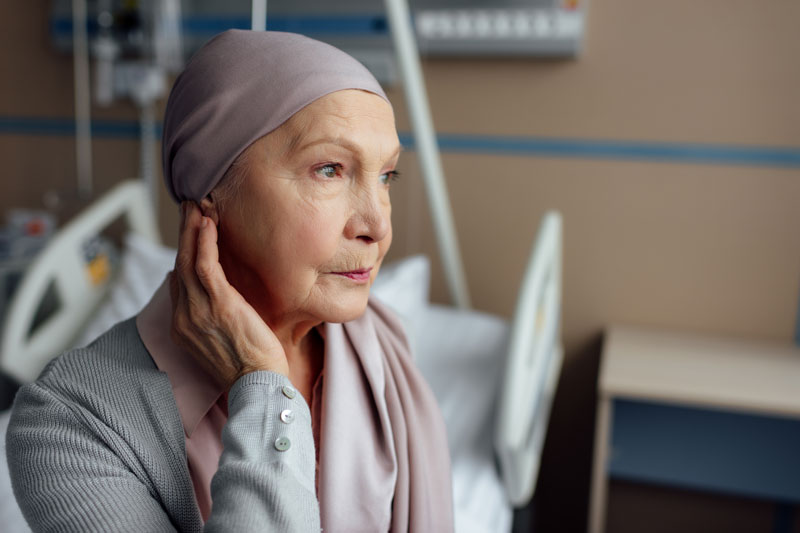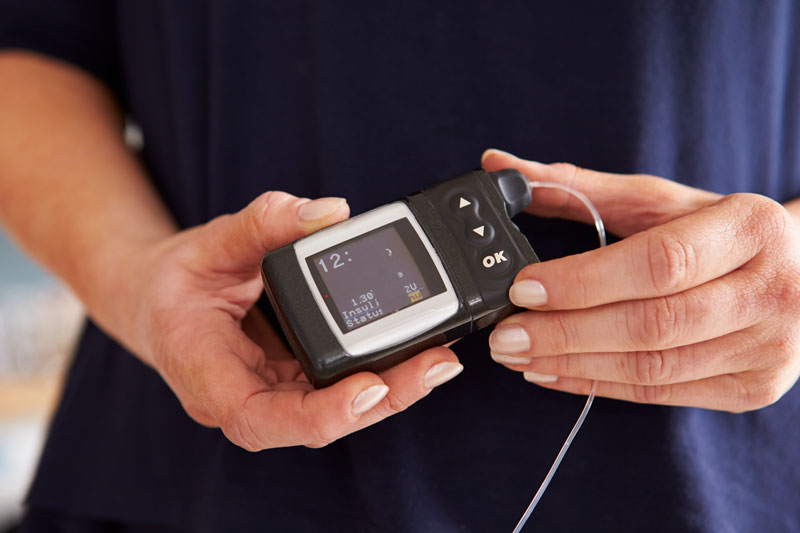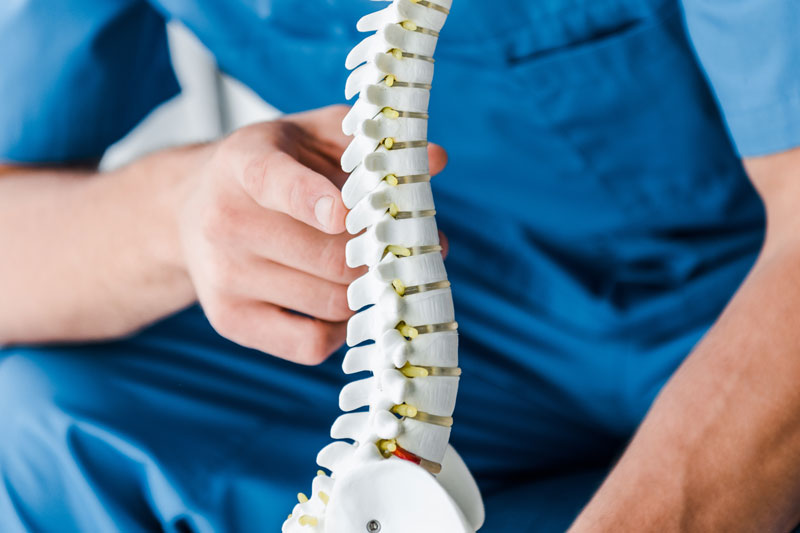What is Cancer Pain?
Not everyone with cancer has cancer pain, but some do. Cancer pain takes many forms. It can be dull, achy, sharp or burning – and a lot of this will depend on the type of cancer you have, how advanced it is, and your pain tolerance.
Alongside that, it also will depend on the kind of pain taking place. Thankfully though, most cancer pain is manageable with the proper care.
What Is The Cause Of Cancer Pain?
The cancer itself is most often the cause of your pain, but cancer surgery, treatments, or tests can also cause pain.
If your pain is caused by the cancer itself, it most often will be related to the placement of your cancer – for example, if a tumor is pressing on nerves, bones or organs.
But it’s also possible that you may experience pain and side effects from surgeries, and chemotherapy like phantom pain and mouth ulcers.
What Are The Symptoms Of Cancer Pain?
This will really depend on the specifics of your condition – how advanced your cancer is can impact the extent of pain, from mild, moderate to even severe.
The pain can take several forms, including the following common symptoms:
- sharp stabbing pain
- a tingling or burning sensation
- a persistent ache
Unfortunately cancer pain can have a devastating effect on your life, and can seriously limit your ability to do the things you love. That’s why it’s critical that you seek medical care to enable you to live your life while undergoing cancer treatment.

What Are My Treatment Options for Cancer Pain?
Thankfully, there are a number of treatments available for cancer pain. Your options may depend on what’s causing your cancer pain and the intensity of the pain you’re feeling, but your doctor can help you identify this.
To assist in the determination of what treatment is right for you, we recommend keeping track of your pain to share with your medical team.This could include:
- How severe the pain is
- What type of pain (stabbing, dull, achy) you have
- Where you feel the pain
- What brings on the pain
- What makes the pain worse or better
- What pain relief measures you use, such as medication, massage,
and hot or cold packs - How the pain relief measures help or any side effects they may cause
Depending on the location of your pain, treatments could include:
- Nerve block injections
- Radiofrequency ablations
- Integrative therapies
- Pain medications
Frequently Asked Questions about Cancer Pain
1. At what stage of cancer do you experience pain?
Unfortunately, pain can be experienced at any stage of the disease.
2. Is Stage 4 cancer always painful?
Stage 4 cancer symptoms do often include pain, and typically this kind of cancer’s treatment plan will include pain management – but that isn’t going to be the case 100% of the time. This is why it’s critical to track how you feel and discuss your situation with your medical team.








